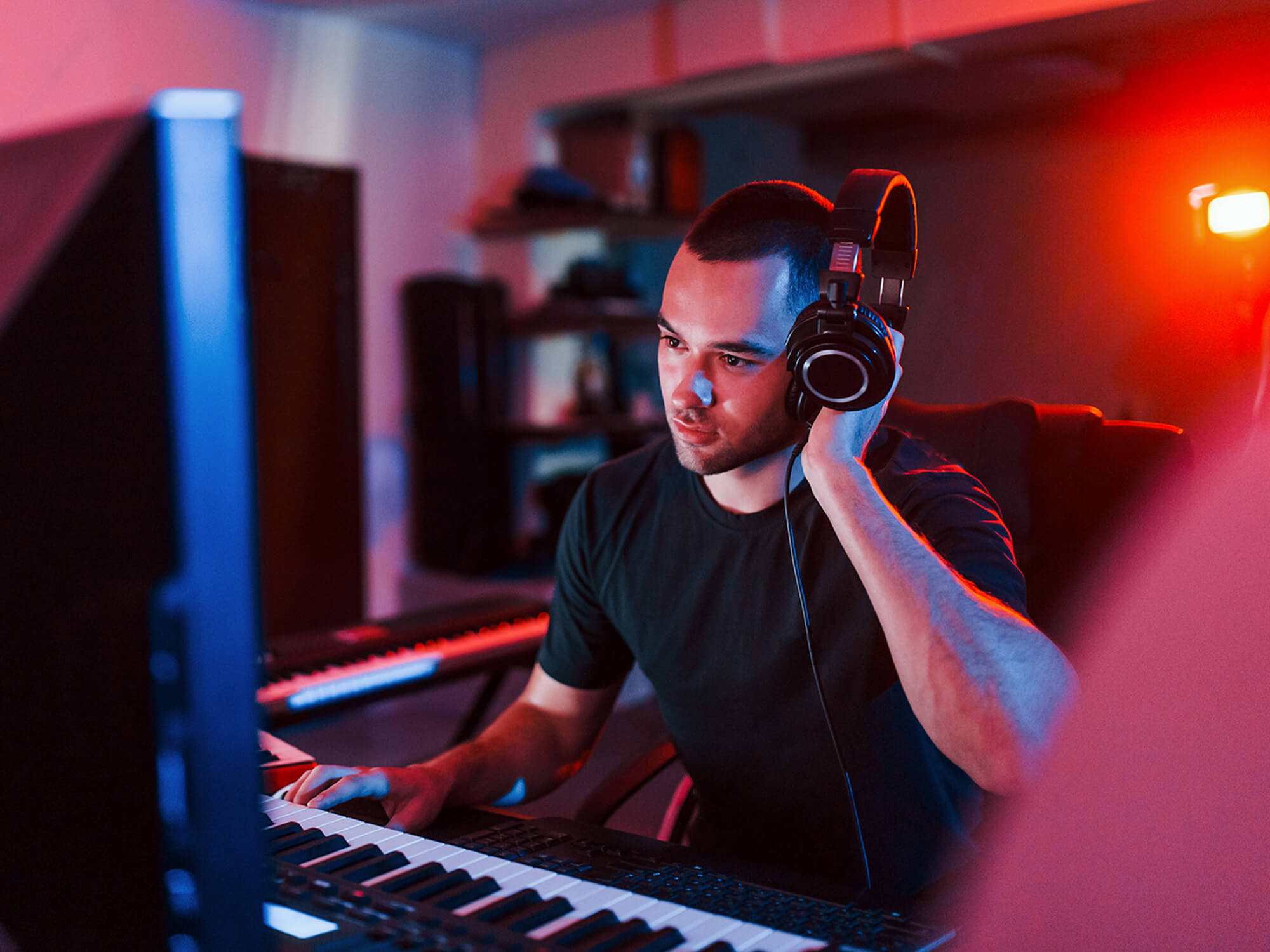
AI in music isn’t just a looming future – it’s already here. And according to a new study, a surprising number of producers and musicians are secretly using it in their work, even as public stigma keeps them quiet.
The study, titled AI in the Music Industry – Should You Fight It, Ignore It, or Embrace It?, surveyed more than 100 industry professionals and music consumers with the aim of sparking conversation around AI use and helping creatives better prepare for what’s ahead.
In a new interview with Entrepreneur, Sonarworks CEO Helmuts Bems discusses the most striking findings from the research – chief among them, just “how widespread the use of AI tools already is in the professional music industry”.
“Those on the frontlines who have to meet deadlines for commercial projects have mostly tested AI systems and have found them to be helpful,” Bems explains. “There were many anecdotes about artists submitting AI-generated songs as their own and labels not being able to detect them. Everybody thinks that it gives them a professional edge, and maybe rightly so.”
Still, the executive says few are willing to admit it.
“However, the most surprising [finding] is that these same people do not want to publicly talk about it. The consensus is that AI is an extremely potent technology and already very, very good at creating content, however, you are somehow a villain if you use it.”
This mirrors findings from a 2023 survey by global studio network Pirate, which revealed that over half of artists would hide their use of AI in their music due to fears of audience backlash.
According to Bems, AI’s rise will benefit producers and composers the most, allowing them to generate more content independently without relying on session players or expensive studio time.
“We believe that producers and composers will be the big winners in the AI era. They will be able to deliver more content than ever, without depending on others to deliver their parts,” he says.
At the same time, commercial musicians may find fewer opportunities in areas like background music or advertising, while indie artists and hobbyists will have unprecedented access to creation tools – but also face an oversaturated market.
“In this new landscape, creativity alone isn’t enough – artists must also become curators, strategists, and technologists to thrive,” Bems advises.
In the long term, AI’s ease of use could even deter young people from learning instruments altogether: “If AI gets really good at creating music with a click of a button, it might discourage people to try learning to play an instrument.”
The CEO also notes that “pure AI-generated content” poses the biggest threat to musicians as it redirects revenue away from artists toward music platforms and AI developers.
“The economic shift favours those who adapt – producers, composers, and creators who embrace AI tools to boost their efficiency and output. But it also means that royalties and revenue from streaming and licensing could increasingly go to platforms and AI developers instead of artists,” says Bems.
The post “Everybody thinks that it gives them a professional edge… however, you are somehow a villain if you use it”: New study reveals widespread use of AI among music producers, though most “do not want to publicly talk about it” appeared first on MusicTech.





Recommended Comments
Join the conversation
You can post now and register later. If you have an account, sign in now to post with your account.